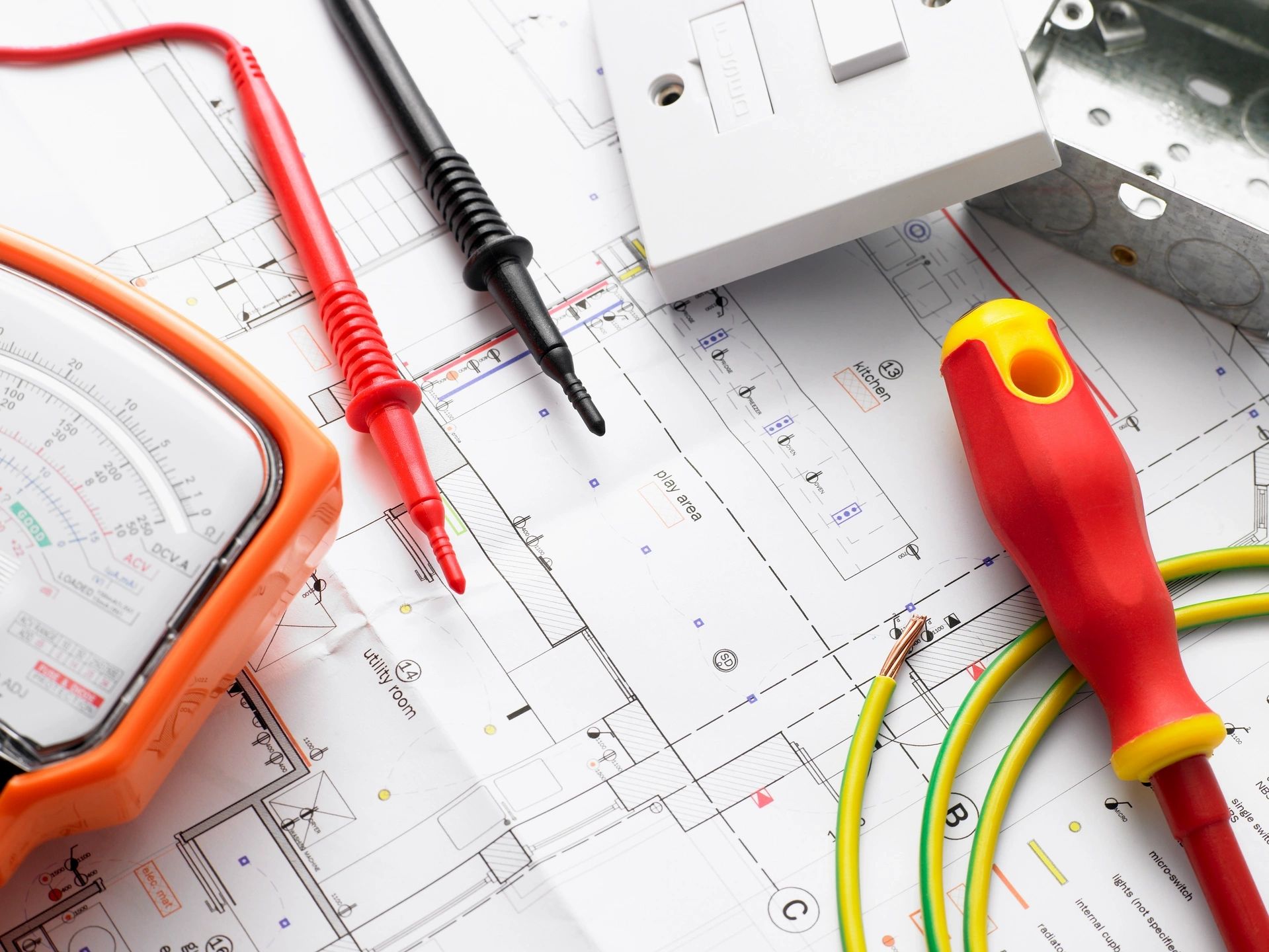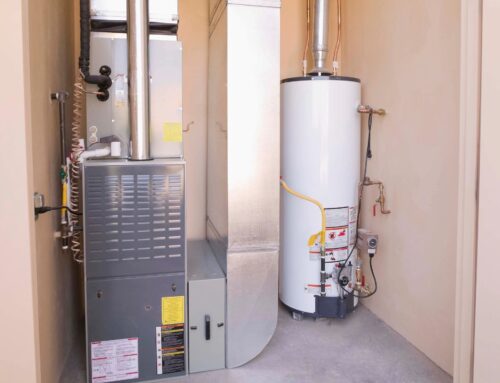With the rise of electric vehicles (EVs), many EV owners find themselves asking whether they can install an electric vehicle charger at home by themselves.
Doing it yourself can be an enticing idea, especially for DIY enthusiasts looking to save money and learn a new skill. However, it’s important to weigh the pros and cons before undertaking such a project.

Pros of DIY Electric Vehicle Charger Installation
Cost Savings
One of the most appealing aspects of DIY installations is cost savings. Hiring a professional electrician to install an EV charger can be expensive, often adding a significant amount to the overall cost of owning an electric vehicle. By doing it yourself, you could potentially save hundreds of dollars.
Learning Experience
For many DIY enthusiasts, the opportunity to learn something new is rewarding in itself. Installing an EV charger can be a fascinating project that teaches valuable skills about electrical systems and how they relate to your vehicle.
Flexibility and Customization
When you take on the project yourself, you have full control over the installation process. This means you can choose the exact location, type of charger, and any additional features that suit your personal needs and preferences.
Cons of DIY Electric Vehicle Charger Installation
Safety Risks
Working with electricity is inherently risky, especially for those without professional training. Incorrect installation can lead to electrical shocks, fires, or damage to your home’s electrical system, creating potential hazards for you and your family.
Code Compliance
Electricity regulations and building codes vary by region and often require specific permits. Failing to comply with these codes could result in fines or require you to dismantle your work and start over. Here’s a helpful link for our Lawrenceville, GA customers – Lawrencevillega.org/249/Building-Permit. Additionally, some insurance policies may not cover damages resulting from non-certified electrical work.
Warranty and Liability Issues
Most EV chargers come with warranties that may be voided if installed by someone other than a certified professional. Additionally, if something goes wrong with the installation, you bear full responsibility for any damage to your vehicle or home.
Complexity and Time Commitment
Installing an EV charger is not as straightforward as other DIY projects. It requires a thorough understanding of electrical systems, and the project can be time-consuming. For those who are not experienced, this complexity might lead to frustration and errors. Read this blog post for more information about what could go wrong with an EV charger installation project.



